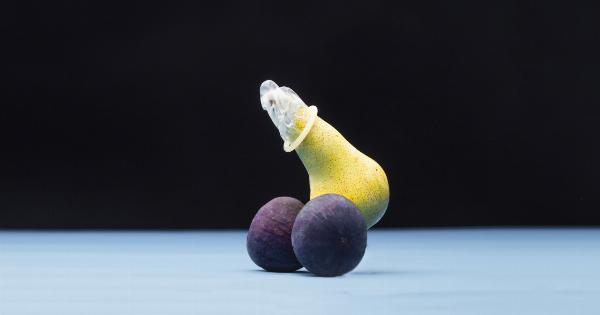One of the first questions new mothers have after giving birth is when they can expect their first postpartum period.
It’s an important question, as understanding what to expect during this time can help prepare you for the physical and emotional changes that come with giving birth.
What is a postpartum period?
A postpartum period is the period of time after giving birth when a woman’s body returns to its pre-pregnancy menstrual cycle. This means that she will begin to have periods again after a hiatus during pregnancy.
The length of time between giving birth and the first postpartum period can vary greatly from woman to woman, but there are some general guidelines to follow.
Factors influencing when your period returns
The timing of your first postpartum period can be influenced by a variety of factors, including:.
- Your breastfeeding habits
- The type of birth you had, including whether you had a c-section or vaginal birth
- Your overall health, including any medical conditions you may have
- Whether you have been using birth control since giving birth
- Your age
How breastfeeding affects your postpartum period
If you are breastfeeding, this can delay the return of your period. The hormone that stimulates milk production, prolactin, can also suppress ovulation.
This is why breastfeeding mothers may not get their first postpartum period for several months after giving birth. However, it’s important to note that breastfeeding is not a reliable form of birth control, and you can still become pregnant if you are breastfeeding and not using contraception.
When to expect your first postpartum period if you are breastfeeding
The return of your period while breastfeeding can vary from woman to woman. However, most women who are exclusively breastfeeding will not have a period for the first six months after giving birth.
This is because breastfeeding releases high levels of the hormone prolactin, which inhibits ovulation. However, it’s important to know that this is not a foolproof form of birth control, and you can still get pregnant while breastfeeding.
If you are not exclusively breastfeeding, or if you have introduced solid foods or other drinks to your baby’s diet, your period may return earlier.
Some women may even ovulate as early as a few weeks after giving birth, so it’s important to use birth control if you do not want to become pregnant again right away.
When to expect your first postpartum period if you are not breastfeeding
If you are not breastfeeding, you can expect your period to return between six to eight weeks after giving birth. This timeline can vary from woman to woman, with some women experiencing their first period earlier or later than this time frame.
How birth control affects your postpartum period
The type of birth control you use after giving birth can also affect the timing of your first postpartum period. Hormonal birth control, such as the pill, patch, or hormonal IUD, can suppress ovulation and delay the return of your period.
However, once you stop using hormonal birth control, your period may return quickly or take a few months to return to its regular rhythm.
If you are not breastfeeding, using a non-hormonal form of birth control such as a barrier method (such as a condom) can also affect the timing of your period.
These methods do not affect your hormones, so your period may return sooner than if you were using hormonal birth control.
What to expect from your first postpartum period
It’s important to know that your first postpartum period may be different from your usual periods. It may be heavier or lighter than normal. You may experience more intense cramping or mood swings than you did before becoming pregnant.
These variances are normal and should subside as your body continues to adjust to its new hormonal rhythms. However, if your period is excessively heavy or lasts longer than seven days, it’s important to talk to your healthcare provider.
Conclusion
Understanding when to expect your first postpartum period can help you prepare for the physical and emotional changes that come with giving birth.
It’s important to keep in mind that the return of your period can vary based on a variety of factors, including breastfeeding habits, the type of birth you had, and the type of birth control you are using. If you have concerns about your period or your overall health after giving birth, it’s important to talk to your healthcare provider.




























